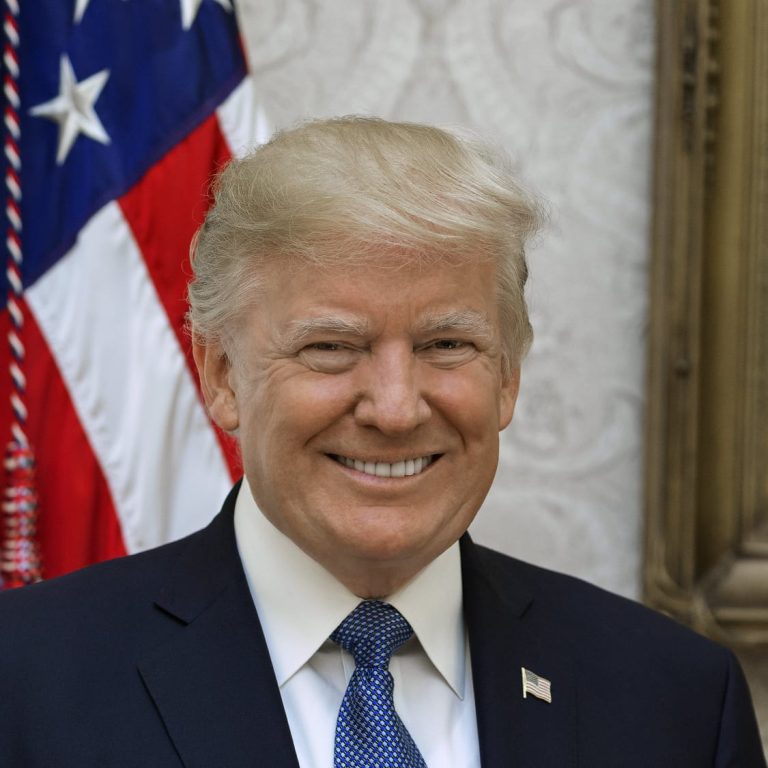In 2020, during the peak of the COVID-19 pandemic, then-President Donald Trump rattled the global health community with his announcement to withdraw the United States from the World Health Organization (WHO). Citing alleged bias in WHO’s handling of the pandemic’s early days, Trump’s decision, if finalized, would have marked an unprecedented break from the world’s primary health agency.
However, his successor, President Joe Biden, quickly reversed the decision upon taking office in 2021. Now, as Trump prepares for a possible return to the White House in 2025, scientists and global health experts worry about another potential exit from WHO—and its widespread implications for global health.
With Trump’s “America First” ideology at the forefront, experts expect potential cuts to U.S. contributions to WHO and other international health programs that tackle issues like HIV/AIDS and malaria. Ongoing global negotiations over a new pandemic treaty, which aims to improve preparedness for future health crises, may also be jeopardized.
“More mortality, more illness—that’s what’s at stake,” warns Ilona Kickbusch, a global health expert at the Graduate Institute of International and Development Studies. She, like many others, fears that an American withdrawal could cripple WHO’s operations, as the United States is one of its biggest contributors, donating around $110 million in annual dues and hundreds of millions more through voluntary contributions.
A retreat from global health funding would not only impact WHO but also potentially reshape health aid and research. Programs like the U.S. Agency for International Development (USAID) and the National Institutes of Health’s Fogarty International Center, which funds research on diseases that impact vulnerable populations, could face reductions. Similarly, the Global Fund to Fight AIDS, Tuberculosis, and Malaria—where the U.S. contributes a significant share of its budget—could see a setback in its mission.
Potential cuts could also impact longstanding U.S. commitments like the President’s Emergency Plan for AIDS Relief (PEPFAR), an initiative started under former President George W. Bush that has saved millions of lives globally. Recently, however, conservative groups have raised concerns about PEPFAR, claiming the program indirectly supports abortions and promotes controversial social issues. Such scrutiny has led some experts to wonder if PEPFAR’s future may become a target for cuts.
However, the unpredictability that marked Trump’s first term suggests that the outcome is far from certain. While he threatened WHO funding, Trump also backed Operation Warp Speed, which accelerated COVID-19 vaccine development and distribution. His focus on innovation could yet yield some unexpected positives, even if the approach to global health is drastically redefined.
In the meantime, other nations may step up to fill potential gaps in funding. Experts like David Heymann from the London School of Hygiene & Tropical Medicine believe that Europe, particularly Germany, could take a stronger role. Additionally, emerging economies, known as the BRICS nations (Brazil, Russia, India, China, and South Africa), may bolster their own contributions to global health efforts. Although this could create new opportunities for collaboration, it could also shift geopolitical dynamics, with countries like China using health aid to strengthen international influence.
This recalibration could drive changes in how health aid is structured, encouraging a shift from top-down to bottom-up approaches, where countries define their own needs rather than relying on external agendas. “Global health shouldn’t be ‘We’re raising money and giving it to you,’” Heymann notes. “It should be, ‘You tell us what you need, and we’ll help you.’”
A potential U.S. withdrawal could also pose risks for pandemic preparedness. WHO’s pandemic treaty, currently in development, aims to ensure that future vaccines and treatments reach vulnerable populations swiftly. However, the treaty has met with resistance, particularly from pharmaceutical interests that oppose sharing resources like pathogen samples and genetic sequences.
While Trump’s stance on the treaty remains unclear, experts warn that without U.S. support, these efforts may falter. “Trump could torpedo the treaty,” says Lawrence Gostin of Georgetown University. But John-Arne Røttingen of the Wellcome Trust believes health security will remain on the agenda, even if the approach changes.
Kickbusch remains cautiously optimistic, noting that Trump’s unpredictable nature could lead to positive surprises. “He always looks for deals,” she says. “Not everything from the first Trump administration was wrong. Warp Speed saved millions of lives.” The outcome, then, may rest on how the next administration balances isolationist instincts with the realities of global health threats and the need for international collaboration.



